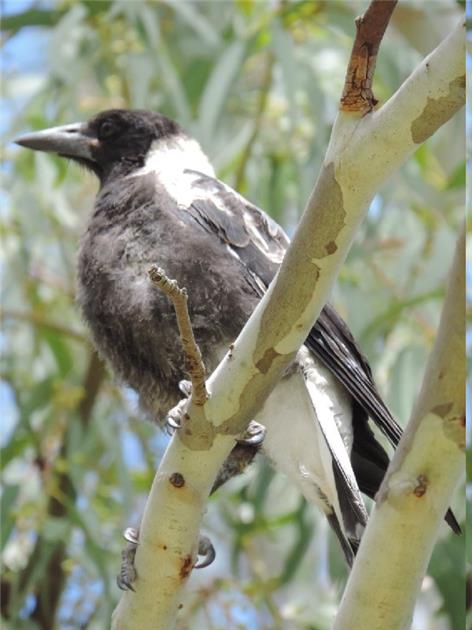In the last few years, we've seen some great advances in the efficacy of new treatments for CLL, with very encouraging progress towards a cure. There has even been talk that we may have achieved the breakthrough that Imatinib (perhaps better know as Gleevec) was for a sister leukaemia to CLL - CML or Chronic Myelogenous Leukaemia, with some of the new maintenance drugs such as Ibrutinib (Imbruvica). In some countries, we can actually access the new drugs! Unfortunately, talk of the new CLL drugs being our version of Imatinib is definitely premature, as a review of the Wikipedia article will quickly show:
en.wikipedia.org/wiki/Imatinib
Note particularly: "Because the BCR-Abl tyrosine kinase enzyme exists only in cancer cells and not in healthy cells, imatinib works as a form of targeted therapy—only cancer cells are killed through the drug's action."
A big problem of course is that Imatinib, Ibrutinib and other small molecule drugs are maintenance drugs - you need to remain on them indefinitely and put up with the side effects, not to mention the crippling cost of around US$100,000 per year.
So here's a glimpse into the future that we'd really like to see:
"Results from a small study suggest that induction treatment with interferon alpha 2a (IFN) along with imatinib, followed by temporary IFN maintenance therapy, could help patients with chronic myeloid leukemia (CML) discontinue imatinib treatment."
cancernetwork.com/chronic-m...
Bear in mind that Imatinib/Gleevec was approved way back in 2001, but it is encouraging that CLL researchers are beginning to look at how these new drugs can be used either sequentially or in concert with other, established CLL treatments to achieve that dream cure.
Meanwhile it is encouraging that the old gold standard of FCR may be curing some patients that have the right markers; a 6 month course and no more CLL treatment for the rest of your life!
Neil
Photo: A young Australian magpie - easily identified by the light grey downy breast feathers. Magpies have a melodious call and are great mimics, but they also have a penchant for swooping on you during nesting season. On several occasions while cycling, I've been glad that helmet wearing is compulsory in Australia, having had magpies swooping from behind and 'beaking' my helmet. There are even websites warning cyclists where to be on the lookout for swooping magpies. Wearing a hat with sunglasses or painted eyes on the back works reasonably well as a deterrent as they rarely attack from the front, but last year I stood my ground and captured on camera (using burst mode) a magpie swooping directly towards me before veering away at the last moment.
